
The Latest Trends in Glass Work: A Comprehensive Guide
May 16, 2023
The Best Plants for Your Indoor Air Quality
May 20, 202310 Easy Ways to Create a Feng Shui-Friendly Home on a Budget
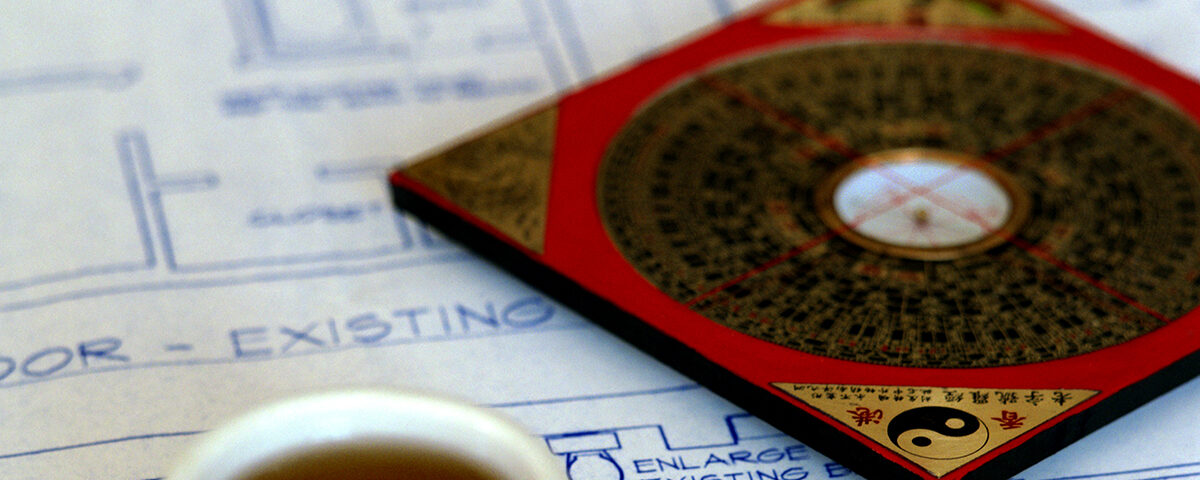
Introduction: The Art of Feng Shui
The Basics of Feng Shui
Feng Shui, an age-old Chinese philosophy, relies on the arrangement of objects within a space to create harmony and balance. The ultimate goal? To improve your health, wealth, and relationships. Believe it or not, a Feng Shui-friendly home on a budget is entirely possible!
The Benefits of Feng Shui
Ever wondered why people rave about Feng Shui? Its influence stretches beyond just a well-decorated home; Feng Shui promises enhanced mental health, improved sleep, and increased energy levels. It’s a game-changer, wouldn’t you agree?
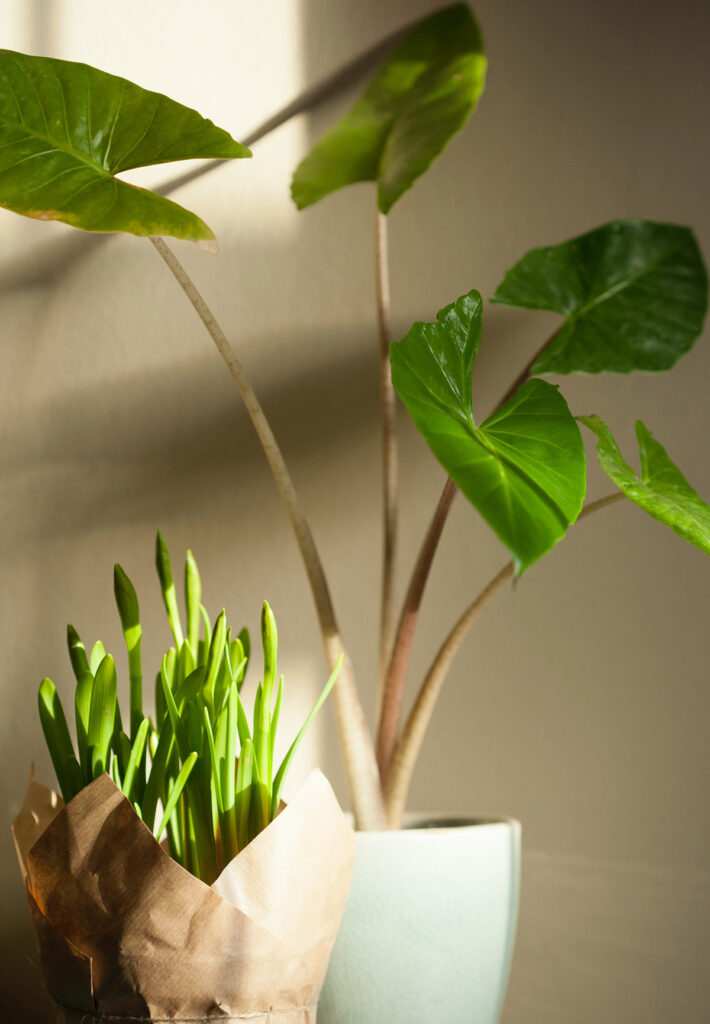
Deciphering the Feng Shui on a Budget
Budget-Friendly Tips for Feng Shui Decor
Who says Feng Shui has to cost an arm and a leg? You can achieve a Feng Shui-friendly home on a budget by just rearranging and reusing items you already have. Less spending, more saving!
DIY Feng Shui Tips
DIY enthusiasts, this is for you! Customize your home with simple DIY projects that cater to the Feng Shui philosophy. We’re talking homemade wind chimes, water features, and more!
Feng Shui Home Decor Tricks
You’ll be surprised at the difference minor decor adjustments can make. Rearranging furniture, incorporating specific colors, and adding plants can transform your space dramatically. Stay tuned for some excellent tricks!
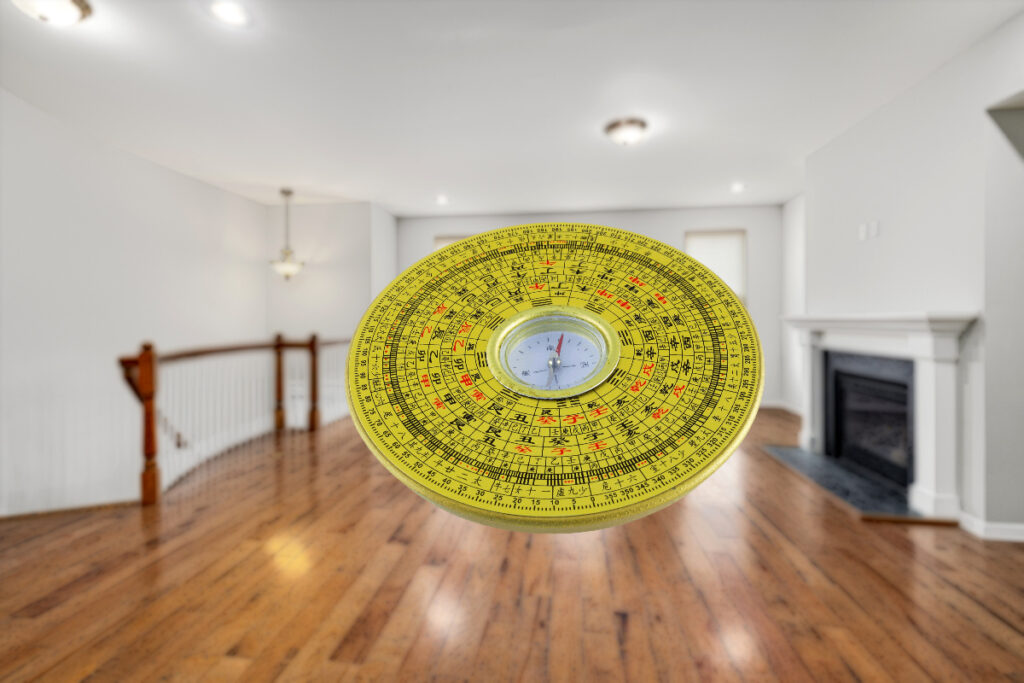
Essential Feng Shui Elements for Your Home
Declutter and Clean
Benefits of Regular Cleaning
A cluttered home equates to stagnant energy. Regular cleaning sessions ensure a continuous flow of positive chi (life force energy) through your home, resulting in a balanced and harmonious atmosphere. Plus, who doesn’t love a clean home?
Green Living with Plants
Selecting the Right Plants
Adding plants to your home not only improves the air quality but also introduces an element of liveliness. Opt for green, lush plants that are easy to maintain; think succulents, snake plants, or pothos. Not only are they budget-friendly, but they also enhance the overall ambiance.
Strategic Mirror Placement
Mirrors play an integral part in Feng Shui. They reflect chi, making your home feel more spacious. Place mirrors in your hallways or living room, but remember, no mirrors opposite the bed – it’s a Feng Shui no-no!
Color and Feng Shui
Colors carry specific energies in Feng Shui. Select shades that induce a sense of calmness and positivity. Soothing blues, gentle greens, and warm earth tones are great choices. You don’t need a new paint job, simply introduce these colors through cushions, rugs, or wall art.
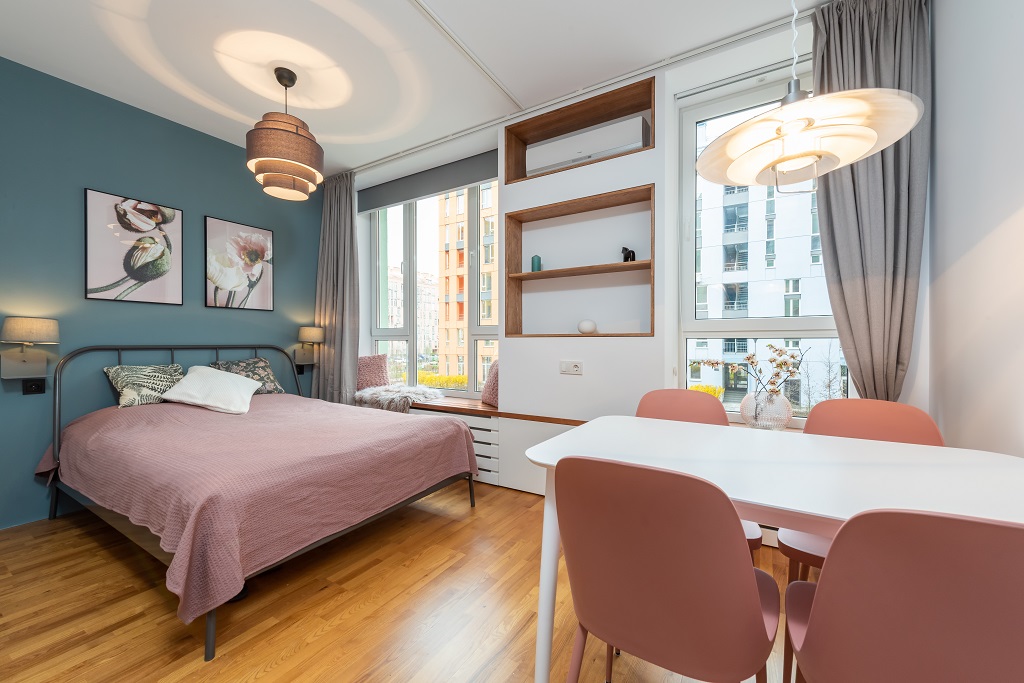
Feng Shui Furniture Placement
Furniture placement can significantly affect the flow of chi. Ensure that your furniture arrangement invites conversation and interaction – avoid aligning all your furniture against the walls. Moreover, try not to block windows or doorways; this allows the chi to flow freely.
Sound and Feng Shui
In Feng Shui, sounds contribute to a peaceful and relaxing atmosphere. Consider adding wind chimes near windows, or play some calming nature sounds. Trust us; you’ll notice the difference!
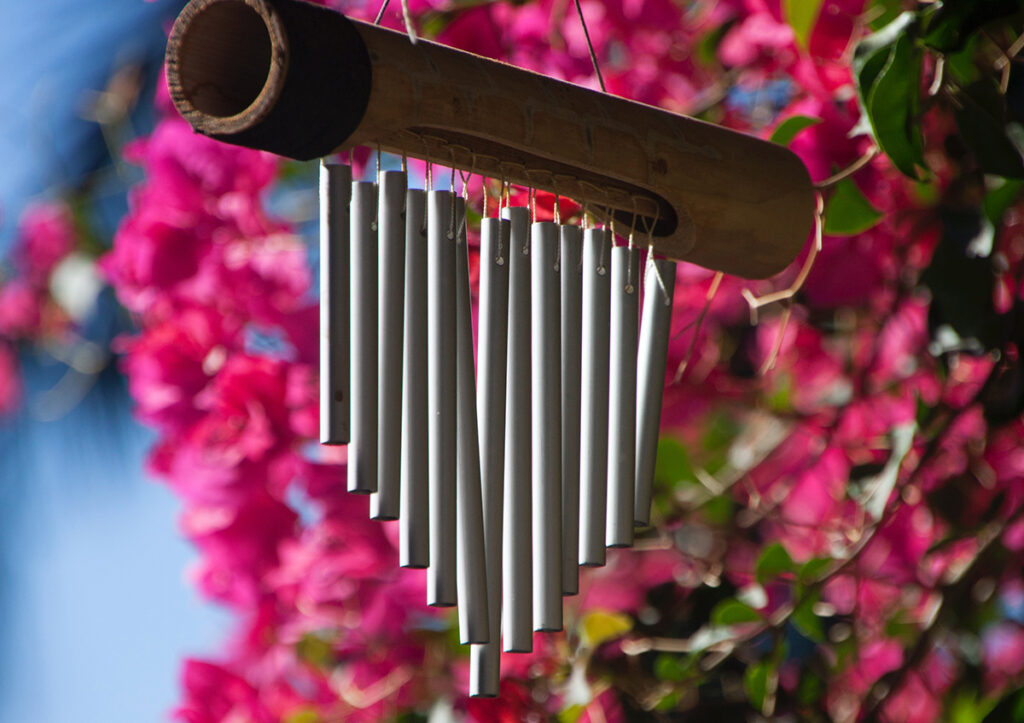
Lighting Your Home with Feng Shui
Lighting is another critical aspect of Feng Shui. Introduce different light sources such as candles, lamps, or fairy lights to create a warm and cozy ambiance. Bonus points for using natural light as much as possible!
The Impact of Feng Shui
Your Home, Your Haven
Feng Shui offers a unique way of transforming your home into a personal haven. It’s not about creating a picture-perfect home decor magazine scene, but building an environment where you feel relaxed, energized, and at peace.
Key Takeaways: Mastering Feng Shui on a Budget
Adopting Feng Shui principles doesn’t have to be costly. With thoughtful consideration and strategic changes, you can significantly enhance your home’s energy. Start by decluttering, consider the flow of your space when arranging furniture, and incorporate natural elements like plants and natural light. Pay attention to colors and materials that bring harmony and balance. By doing so, you can create a serene and nurturing home environment that supports your well-being without breaking the bank. This approach not only aligns with Feng Shui’s core principles but also ensures that your home remains a place of comfort and tranquility, reflecting your personal style and energy needs.
Conclusion: Your Budget-Friendly Feng Shui Journey
Creating a Feng Shui-friendly home on a budget doesn’t require expensive decorations or grand renovations. With a few changes here and there, your home can resonate with positive energy, balance, and harmony.
Finding More Resources
There are plenty of resources available to delve deeper into Feng Shui. Books, websites, and even Feng Shui consultants are ready to help you on your journey. But remember, Feng Shui is a personal experience, and there’s no ‘one-size-fits-all’ approach. Explore and find what works best for you!
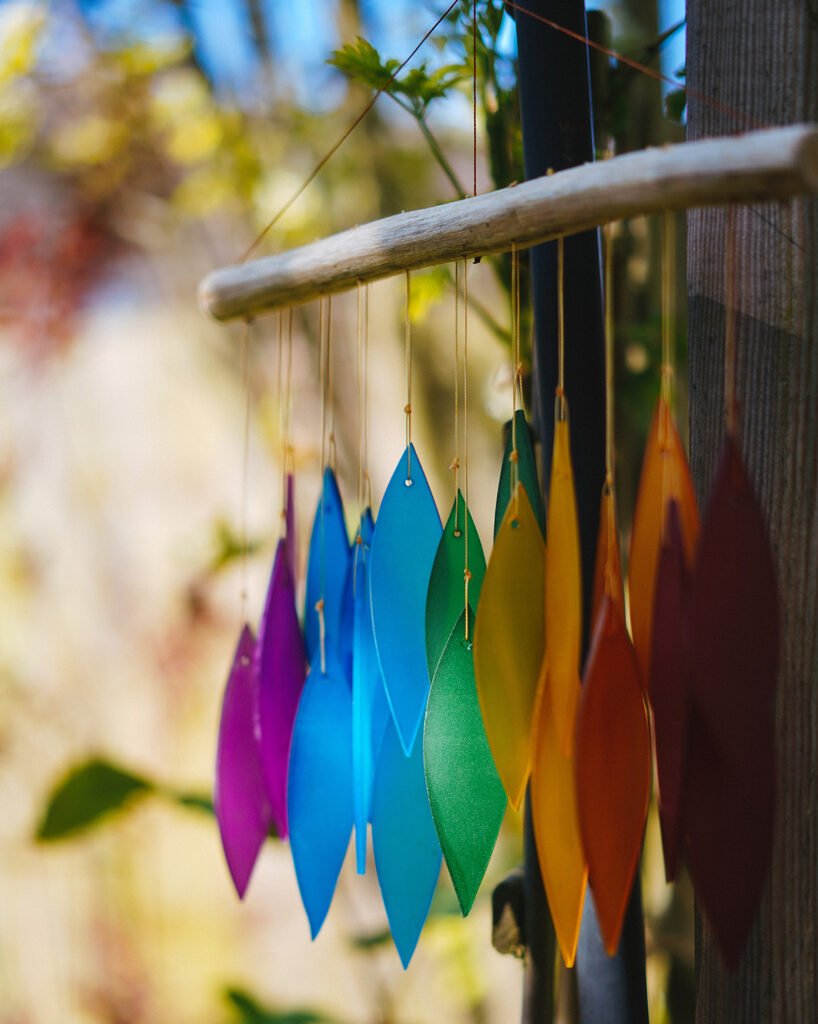
FAQs
1. Is it expensive to implement Feng Shui at home?
No, creating a Feng Shui-friendly home can be quite budget-friendly. Most changes involve rearranging your current possessions rather than buying new ones.
2. Can I DIY my Feng Shui projects?
Absolutely! DIY projects are a fantastic way to personalize your space while sticking to the Feng Shui principles.
3. Which colors are best for Feng Shui?
Colors like soft blues, greens, and earthy tones are typically seen as calming and positive in Feng Shui. But remember, it’s essential to choose colors that you personally find soothing.
4. Where should I place mirrors according to Feng Shui?
Mirrors should be placed in living areas or hallways. However, avoid placing mirrors directly opposite your bed.
5. Does Feng Shui really make a difference?
Many people find that implementing Feng Shui creates a more balanced, harmonious environment, leading to better sleep, increased energy levels, and improved mental wellbeing. Your experience may vary, but it’s certainly.
6. What are the core principles of Feng Shui?
Feng Shui is based on the idea that your living environment reflects and affects your energy. It emphasizes the arrangement of your home to align with energy flow, or chi, to foster balance, health, and prosperity.
7. How can I start implementing Feng Shui in my home without spending a lot of money?
Start by decluttering and cleaning your space to allow chi to flow freely. Rearrange your existing furniture to create open, inviting spaces, and use natural elements like plants to enhance the energy further.
8. What is the significance of plant placement in Feng Shui?
In Feng Shui, plants are used to bring in life force energy, cleanse the air, and transform negative energies into positive ones. They can also help to balance certain areas of your home according to the Bagua map, a tool used in Feng Shui to divide a space into areas that correspond to life aspects.
9. Can the arrangement of furniture really affect the energy of my home?
Yes, according to Feng Shui, the way your furniture is arranged can either block or enhance the flow of energy in your home. A layout that promotes easy movement and interaction can help maintain a lively and positive chi flow.
10. Why is mirror placement important in Feng Shui, and where should I avoid placing mirrors?
Mirrors in Feng Shui are used to reflect energy, making a space feel larger and more open. However, placing mirrors directly opposite beds is discouraged because it is believed to reflect energy back at you while you sleep, which can be unsettling.
11. How do colors influence Feng Shui, and what colors should I incorporate into my home for a calming effect?
Colors in Feng Shui are used to bring different energies into your home. For a calming effect, incorporate soft blues and greens, which are believed to promote tranquility and health, or warm earth tones that ground and stabilize.
12. What role does lighting play in Feng Shui?
Proper lighting is crucial in Feng Shui as it represents the fire element, which is associated with energy, inspiration, and transformation. Good lighting helps to lift the mood, dispel shadows, and enhance the energy of a space.
13. Are there any specific Feng Shui tips for improving sleep and relaxation in my bedroom?
Keep your bedroom decluttered and well-organized, use soothing colors, and ensure good quality air and light. Place your bed in a commanding position, which typically means facing the door without being directly in line with it.
14. What are some Feng Shui no-nos I should avoid?
Avoid clutter as it can block the flow of chi, sharp corners directed at seating or sleeping areas, mirrors facing the bed, and too many old items that no longer serve a joyful or useful purpose in your life.
15. How do sound and smell influence Feng Shui, and how can I use them to enhance my home?
Sound and smell are powerful in Feng Shui for creating the right atmosphere. Gentle sounds from wind chimes or soothing music can enhance the home’s energy, while aromas from essential oils or natural incense can purify the space and uplift the spirit.

